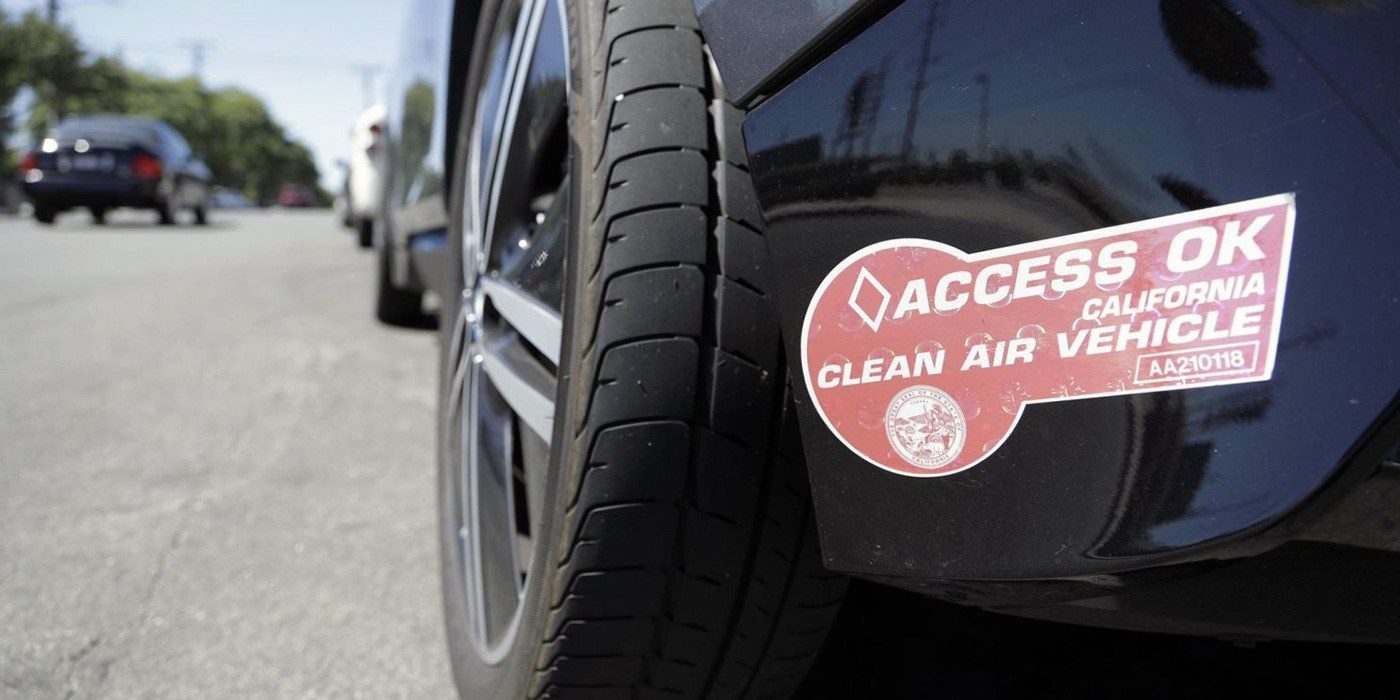
A new California law going into effect in 2020 will encourage low-income motorists to buy an affordable used EV. On Jan. 1, qualifying solo drivers who buy a used electric car can gain access to carpool lanes. The stickers granting access were previously only available for those who bought more expensive new electric vehicles. The change is designed to address concerns that only wealthier people buying high-priced EVs can drive solo in the fast-moving high-occupancy-vehicle (HOV) lane.
The new law applies to people who earn less than $65,777 a year, which is 80% of California’s median income.
The new law should also stimulate the used EV market. First-generation EVs, like the Nissan Leaf, can be had for less than $10,000. Other than Tesla vehicles, electric cars are commonly pegged as having faster depreciation. However, many reports about EV depreciation fail to consider the impact of incentives on purchase prices.
Critics of the new rule complain that carpool lanes are already too crowded, slowing down buses and other vehicles. But proponents say that new stickers would be offset by access that expires over time. All HOV stickers are issued for a limited number of years according to a published schedule.
As the number of zero-emission vehicles on California roads grows from about 600,000 today – to a goal of 5 million by 2030 – carpool-lane access would diminish. The red decals issued in 2018 will no longer work in 2022, but low-income buyers of vehicles could receive new stickers attached to those and other used EVs. White decals expired on Jan. 1, 2019.
Alvaro Sanchez, environmental equity director at The Greenlining Institute, told the San Francisco Chronicle:
“We want to offer low-income folks the same benefit that was given to people who could afford the technology when it was first introduced.”
Other recently enacted California laws are targeted to making EVs more equitable.
Starting December 3, 2019, California EV buyers purchasing vehicles with a price exceeding $60,000 do not qualify for the state’s $2,500 clean-vehicle rebate. The change eliminates rebates for the Audi e-tron and Jaguar I-PACE — as well as many models from BMW, Mercedes-Benz, and Tesla. Also, single taxpayers who earn 150,000 or more are no longer eligible for state rebates, but they still qualify for carpool-lane stickers.
